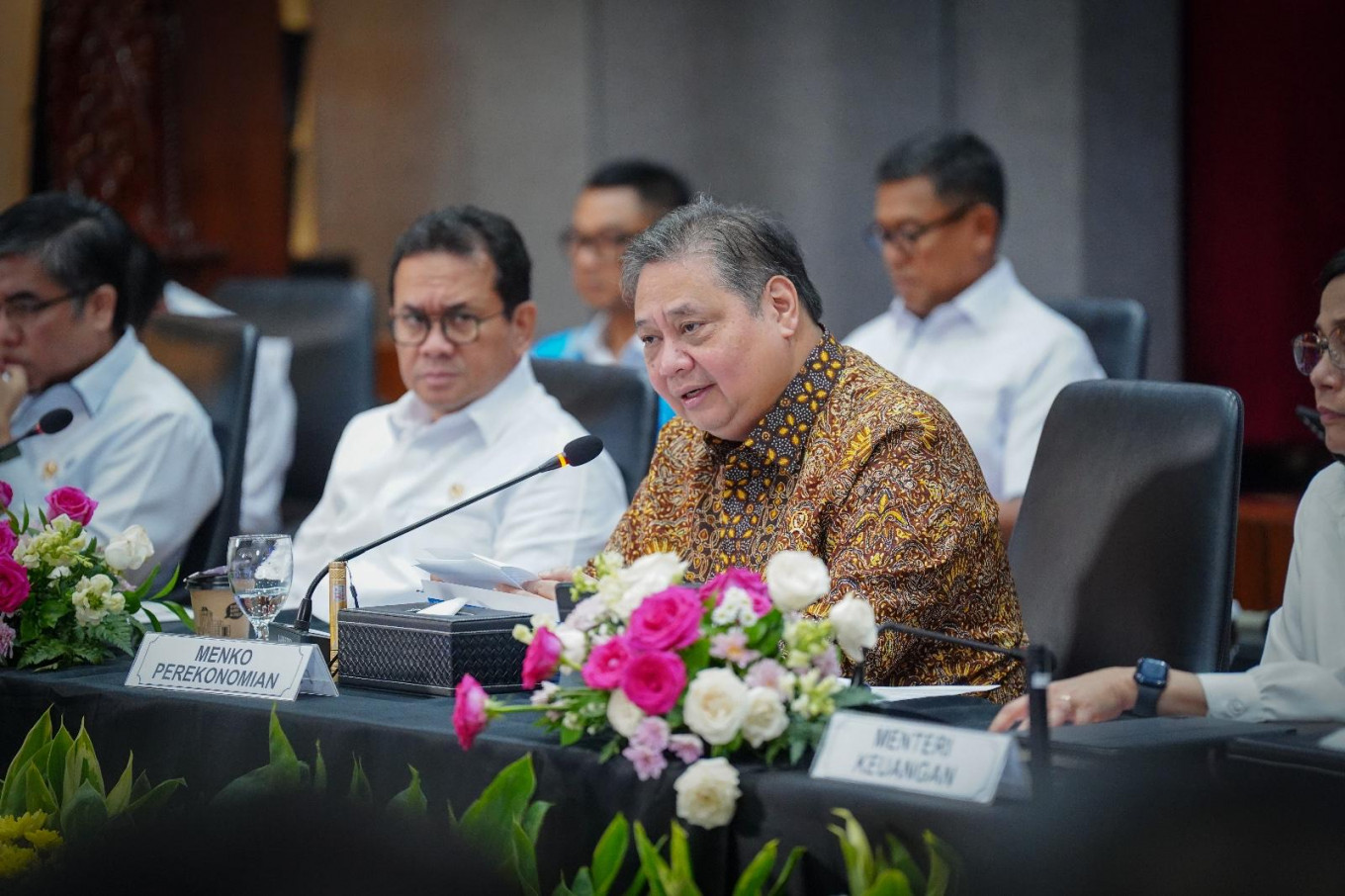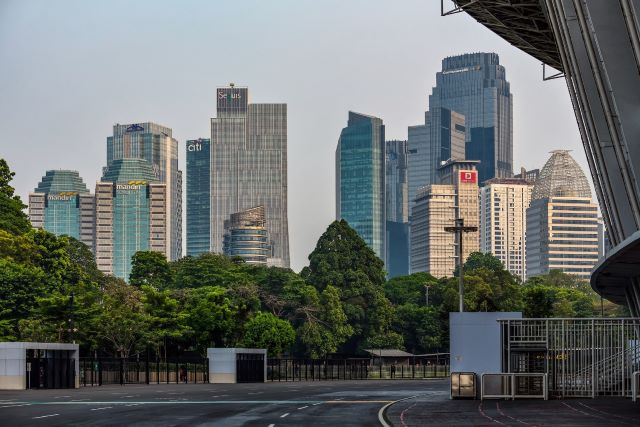Popular Reads
Top Results
Can't find what you're looking for?
View all search resultsPopular Reads
Top Results
Can't find what you're looking for?
View all search results15 economic policy stimuli for public welfare 2025
Change text size
Gift Premium Articles
to Anyone
A
pproaching the year 2025, the government is continuing to strive to maintain purchasing power and public welfare by preparing a package of policy incentives in the economic sector in the form of tax exemptions and relief for various levels of society and the business world, which will be implemented in early 2025.
For low-income households, the government will provide a series of policy facilities in the form of:
- Government-covered VAT (DTP) of 1 percent of the 12 percent VAT for bulk palm cooking oil packaged under the brand name "MINYAKITA", so that the VAT imposed remains at 11 percent.
- DTP VAT of 1 percent of the 12 percent VAT is also applied to wheat flour, so that the VAT imposed on wheat flour also remains at 11 percent.
- Industrial sugar also receives a 1 percent DTP VAT facility of the 12 percent VAT, so it is subject to 11 percent VAT. Industrial sugar is an important input for the food and beverage industry, which has a 36.3 percent share of the total processing industry.
- Provision of food assistance in the form of 10 kilograms of rice per month to people in deciles one and two for two months (January-February 2025), targeting 16 million Food Assistance Recipients (PBP).
- A 50 percent discount for customers with installed electricity capacity of up to 2200 VA for two months (January-February 2025), targeting 81.42 million customers, covering a consumption of 9.1 Twh/month, which is equivalent to 35 percent of total national electricity consumption.
Other than targeting low-income households, the economic facilities designed by the government and intended for the middle class are as follows:
- Property DTP VAT for home purchases with a selling price of up to Rp 5 billion with a tax base of up to Rp 2 billion. The incentive scheme is given at a 100 percent discount for January - June 2025 and a 50 percent discount for July - December 2025.
- VAT DTP for battery-based electric motor vehicles (KBLBB) or electric vehicles (EV) with details of 10 percent for the delivery of certain four-wheeled EVs and certain EV buses with a minimum domestic component level (TKDN) value of 40 percent, and 5 percent for the delivery of certain EV buses with a minimum TKDN value of 20 percent to less than 40 percent.
- Luxury Goods Sales Tax (PPnBM) DTP EV of 15 percent on imports of certain four-wheeled KBLBB in their entirety (completely built up/CBU) and delivery of certain four-wheeled KBLBB originating from domestic production (completely knock down/CKD).
- Exemption of 0 percent CBU EV import duty, in accordance with the ongoing program.
- Provision of 3 percent DTP PPnBM incentives for hybrid motor vehicles.
- Income Tax Article 21 DTP incentives for workers with salaries of up to Rp 10 million/month, which apply to labor-intensive sectors such as textiles, apparel, footwear and furniture.
- Optimization of job loss guarantee from BPJS Ketenagakerjaan (BPJS Employment) as a buffer for workers who experience layoffs by providing support in the form of cash benefits of 60 percent flat from wages for six months, training benefits of Rp 2.4 million, easy access to job information, and access to the Pre-Employment Program.
- A 50 percent discount on payment of Work Accident Insurance (JKK) contributions for six months for the labor-intensive industrial sector, which is assumed to be for 3.76 million workers.
Specifically, the government has also prepared incentive facilities for businesses, especially for the protection of MSMEs and labor-intensive industries, namely through:
- Extension of the validity period of 0.5 percent Final Income Tax until 2025 for Individual Taxpayer (WP OP) MSMEs who have utilized it for seven years and ending in 2024. Other WP OP MSMEs can still use the 0.5 percent Final Income Tax for seven years since they were first registered according to Government Regulation No. 55/2022, and for MSMEs with a turnover of less than Rp 500 million/year, an exemption from income tax will be given.
- Financing of labor-intensive industries for revitalizing machinery to increase productivity with a 5 percent interest subsidy scheme and a certain credit ceiling range.
This article was published in collaboration with Coordinating Ministry for Economic Affairs Republic of Indonesia










